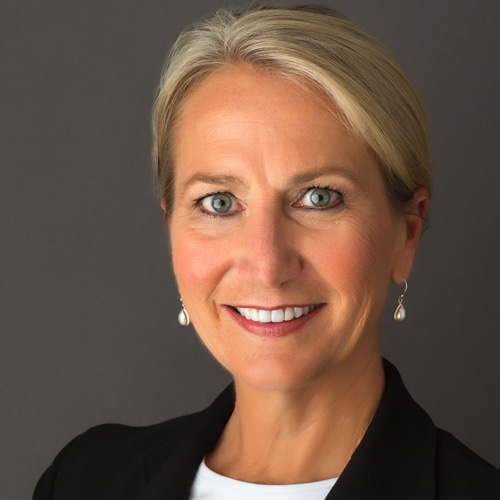One of my clients met recently with a senior lender of a bank to explore potential referral opportunities. The lender said to the lawyer, in essence, “We do everything our competitors do but we have two unique lending areas: We finance yachts and art collections.” Does that mean people won’t use that bank for other kinds of lending? No. But it does mean that when yachts or artwork are involved, people will seek out this lender.
Differentiation is perhaps the hardest concept for lawyers to embrace. I say “embrace” and not “understand” because most lawyers understand the concept of differentiation—they just can’t or don’t want to do it. Perhaps it’s because they like to handle a wide range of matters; litigators, in particular, often like to say they can litigate any issue. Perhaps they think that, by defining or limiting the scope of their message, they will lose out on opportunities: “If they think I do ‘X,’ they won’t send me ‘Y.’”
The reality is, if you are completely undifferentiated from other lawyers, people won’t send you “X” or “Y.” Promoting niche or subspecialty areas within your practice can be one of the most effective things you can do to build your business. Here are some examples of alternatives within practice areas:
- Corporate law: Small cap companies; restaurants; or closely held businesses
- Litigation: Wage and hour cases; trademark disputes; or private equity deals gone bad
- Estate planning: Same-sex couples; people with foreign real estate; or owners of family businesses
- Family law: Physicians; business owners; or international custody cases
Remember, you don’t necessarily have to limit your practice, but you do need to limit your marketing focus and messages. This should be done everywhere you define or explain your practice, including:
- Your bio and LinkedIn summary. Identify “a special emphasis,” a “focus” or a passion in one or a small number of areas. (Be sure to follow your jurisdiction’s rules of professional conduct related to describing your practice.)
- Your elevator speech. “I handle a wide range of lending transactions but have particular expertise in helping community banks.”
- Your thought-leadership activities. Write, speak and get involved in organizations to show a sustained commitment to your identified niche or specialty practice.
Sally J. Schmidt is President of Schmidt Marketing, Inc., which offers marketing services to law firms. Sally was a founder and the first President of the Legal Marketing Association. She is a Fellow of the College of Law Practice Management and one of the first inductees into the LMA’s Hall of Fame. She is the author of Marketing the Law Firm: Business Development Techniques and Business Development for Lawyers: Strategies for Getting and Keeping Clients. Sally writes Attorney at Work’s “Play to Win” column.
Image © iStockPhoto.com






















